Humanist Heritage: Doers, Dreamers, Place Makers is supported by The National Lottery Heritage Fund. Learn more.
Humanist Heritage: Doers, Dreamers, Place Makers is supported by The National Lottery Heritage Fund. Learn more.
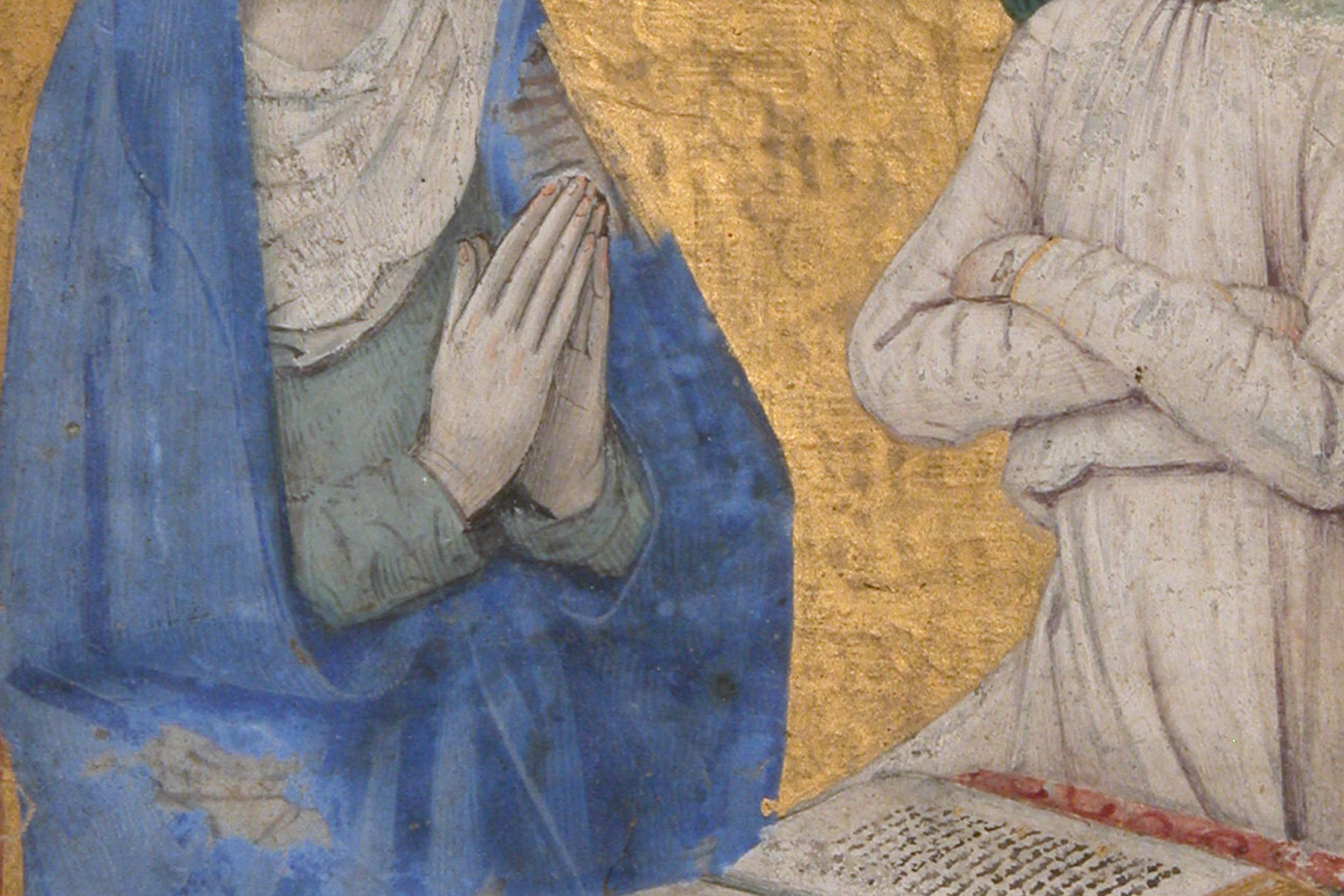
Dr Patrick S. McGhee explores the existence of doubt, uncertainty, and unbelief in England during the 16th and early 17th centuries.
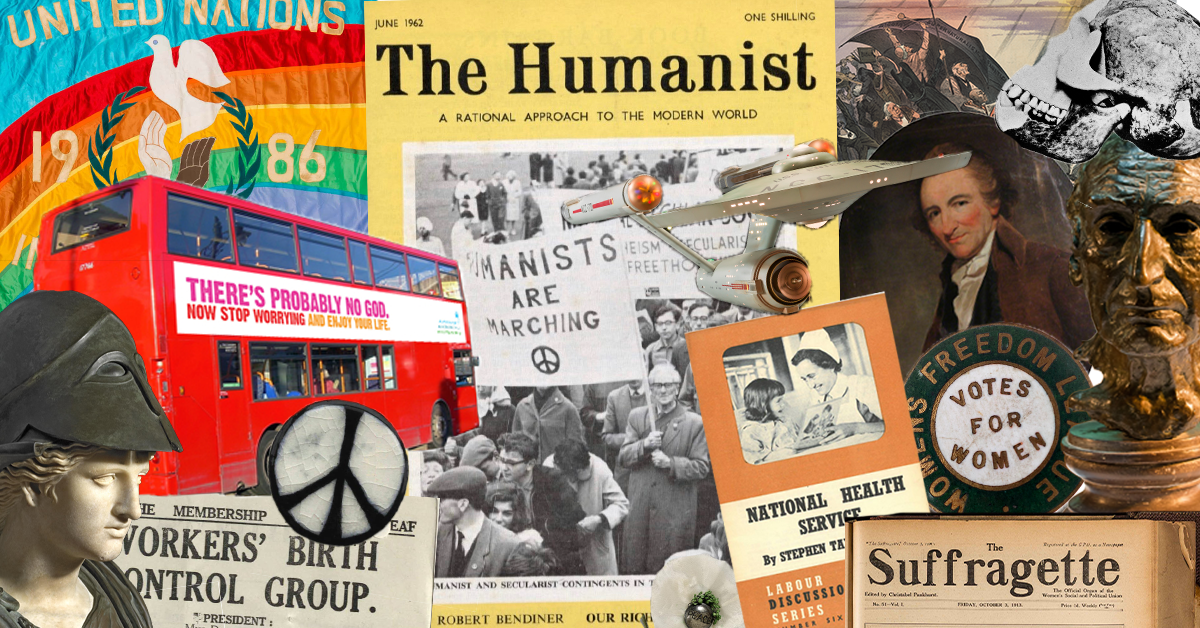
From its origins as the Union of Ethical Societies to its 125th anniversary in 2021: a history of community, campaigns, and critical thinking.
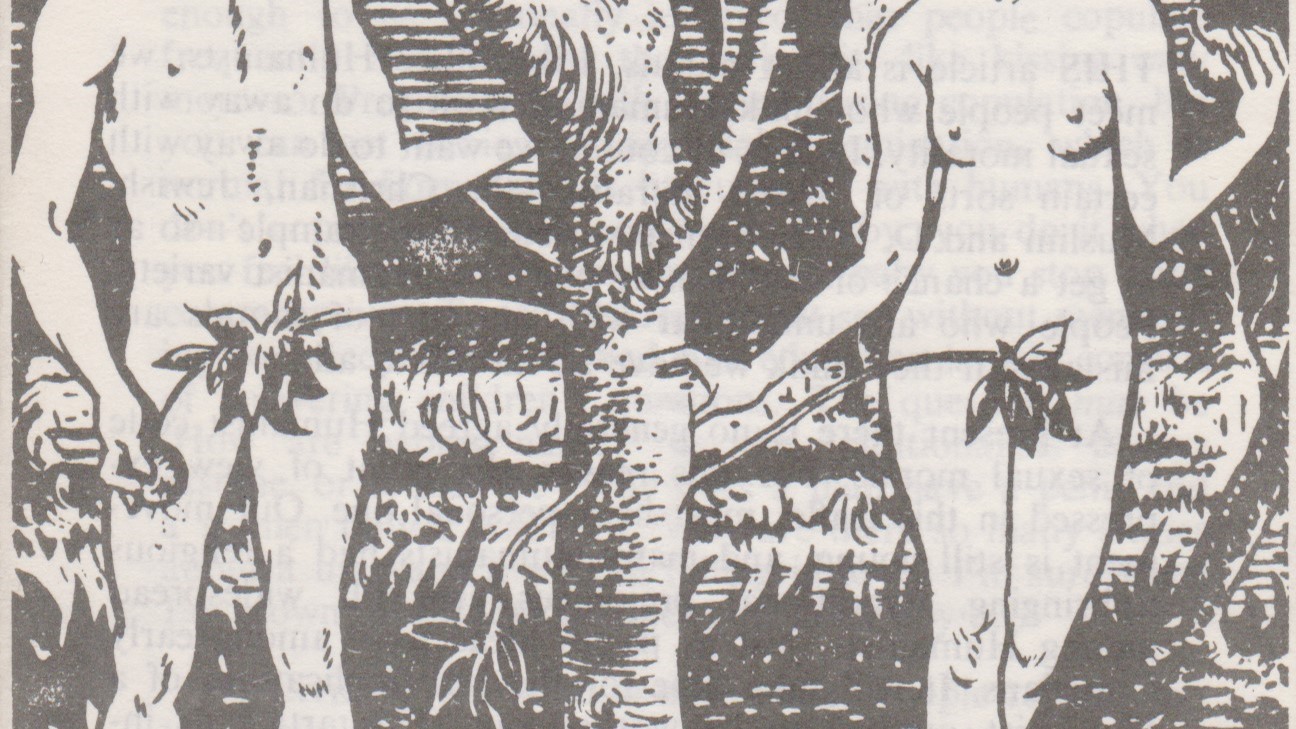
A short history of humanist advocacy for reproductive rights, founded on a belief in personal autonomy, rational attitudes to sex and sexuality, and concern for human welfare.
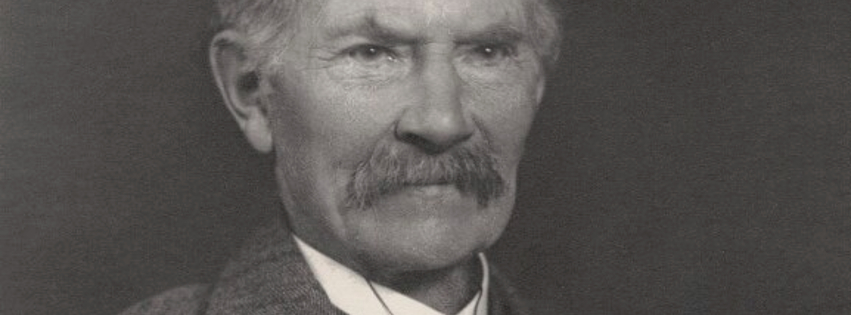
Joan Turner explores the life of J.H. Muirhead: a philosopher and founding member of the UK's first ethical society.
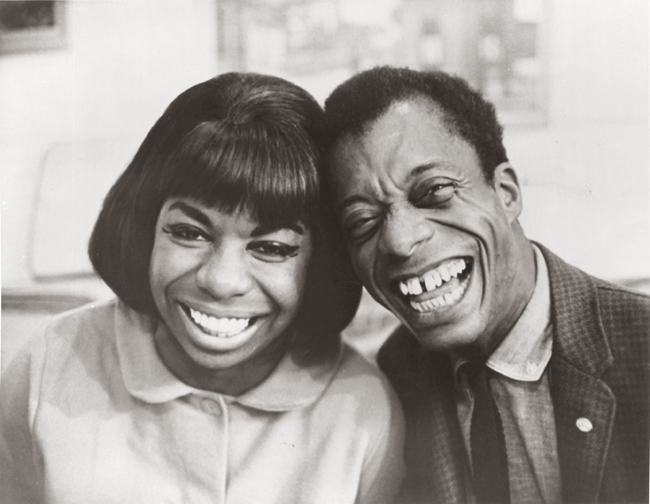
America has a rich tradition of black humanism and freethought, frequently overlooked in histories of both the humanist movement and black life. These are some of the African American humanists who rejected religion but embraced humanity, inspiring freethinkers in the UK and across the world.
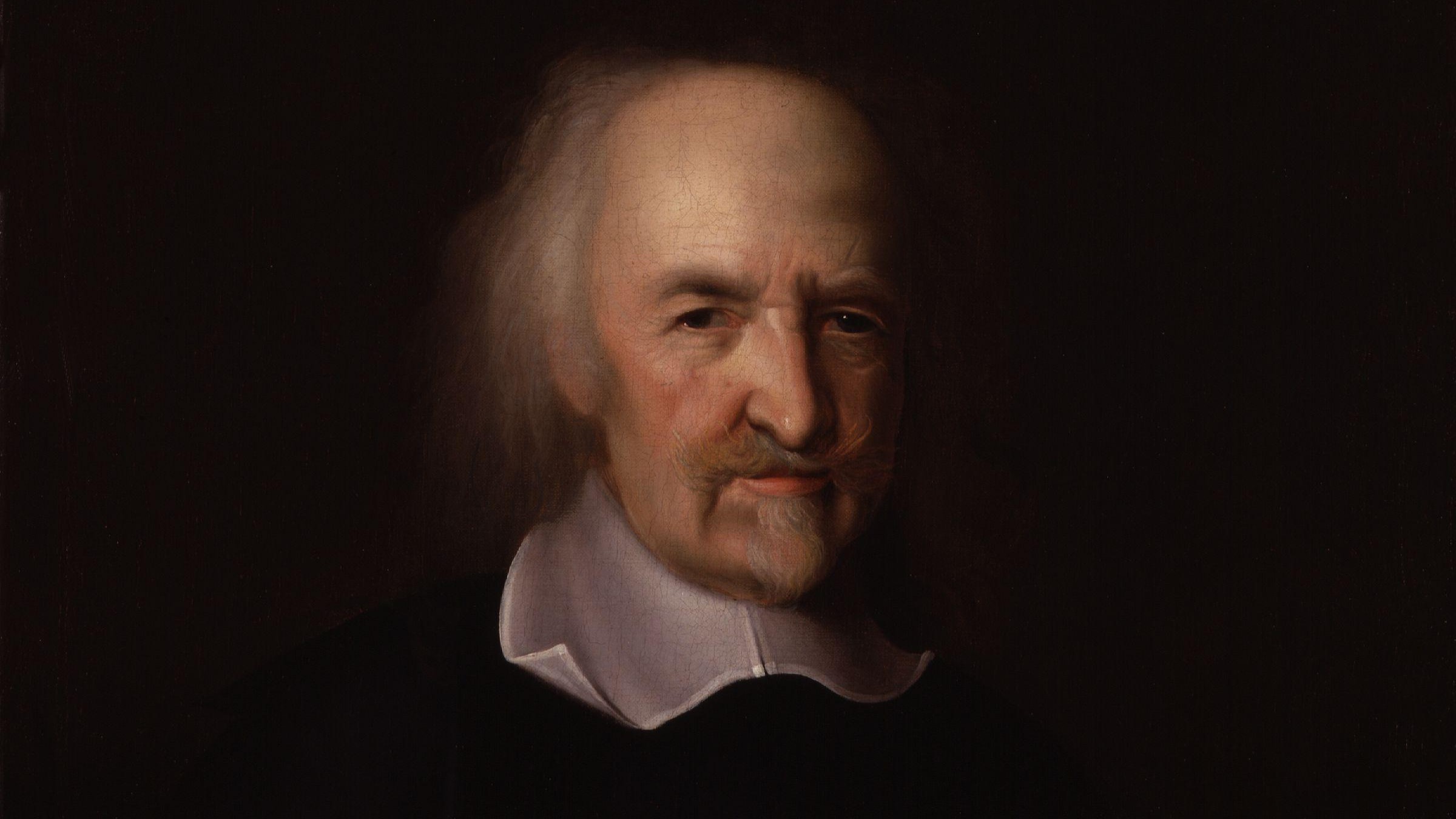
Dr Elad Carmel explores the legacies of those first described as 'free-thinkers', whose challenges to priestly authority, and emphasis on rational and natural thinking, paved the way for more explicit forms of heterodoxy, atheism, and humanism.
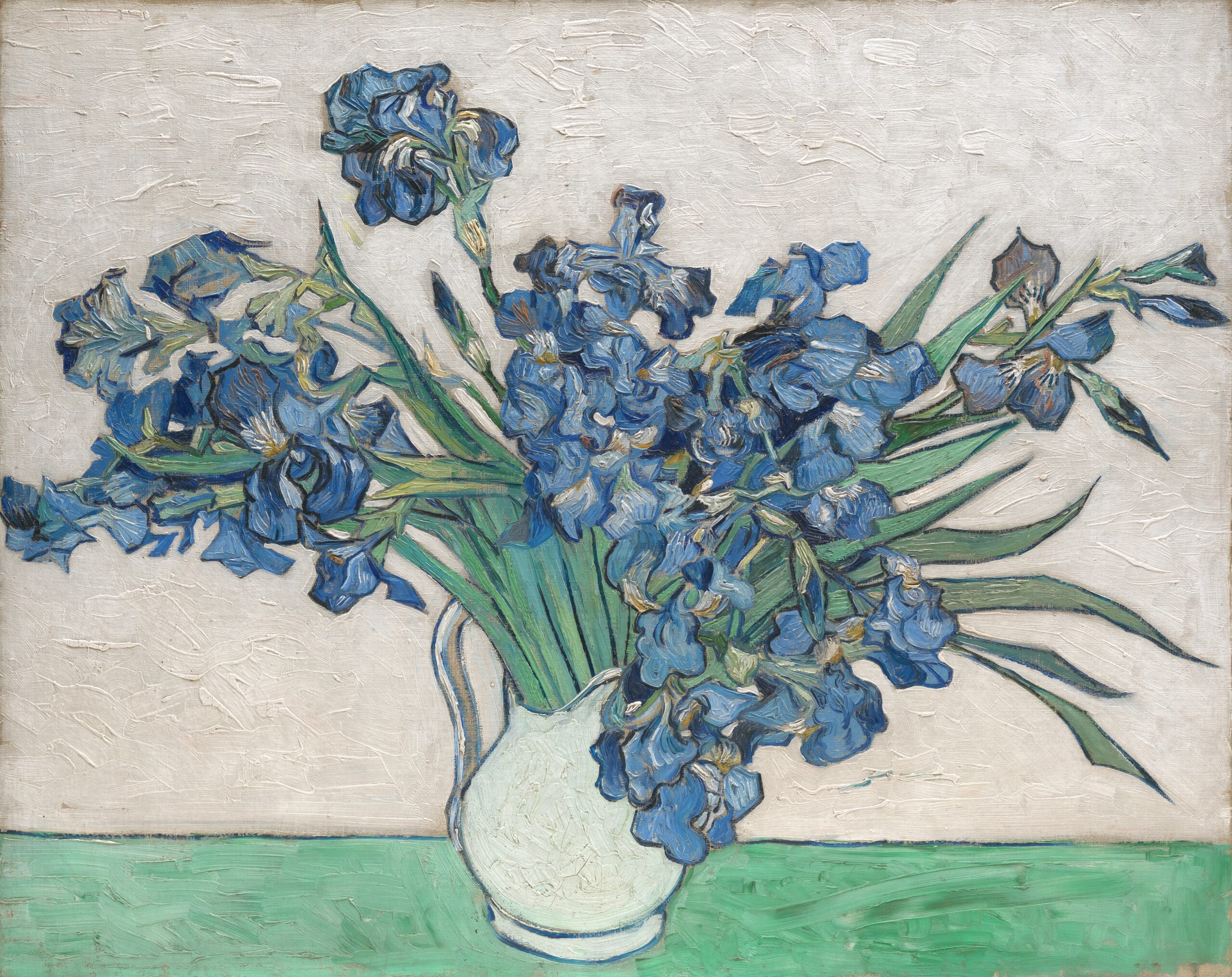
From nurses and prison visiting, through humanist counselling, to today's Non-Religious Pastoral Support Network: a brief history of humanist care.
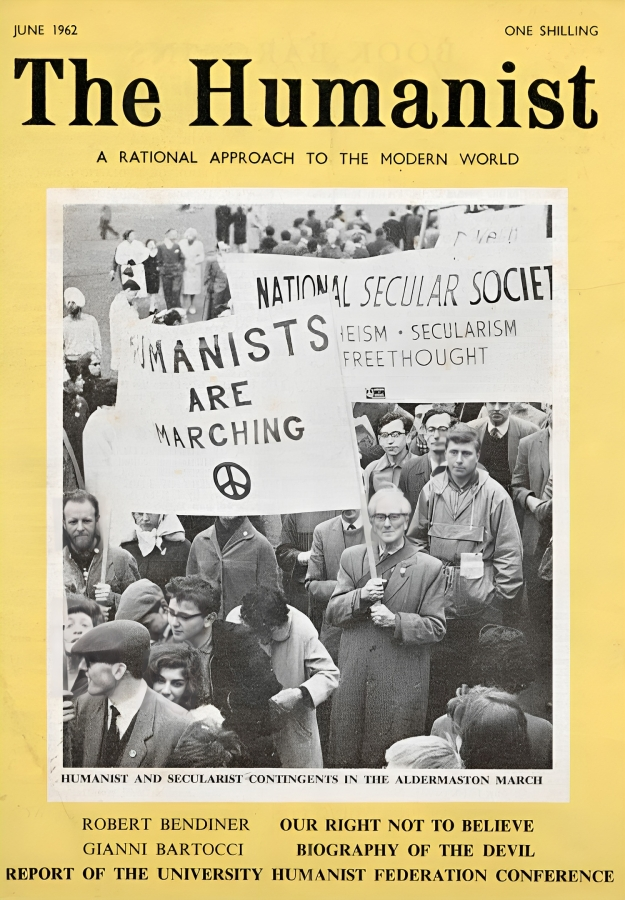
How have humanists contributed to, and campaigned for, civil liberties in the UK? Explore some of these stories through items from the History of Humanism in 100 Objects.
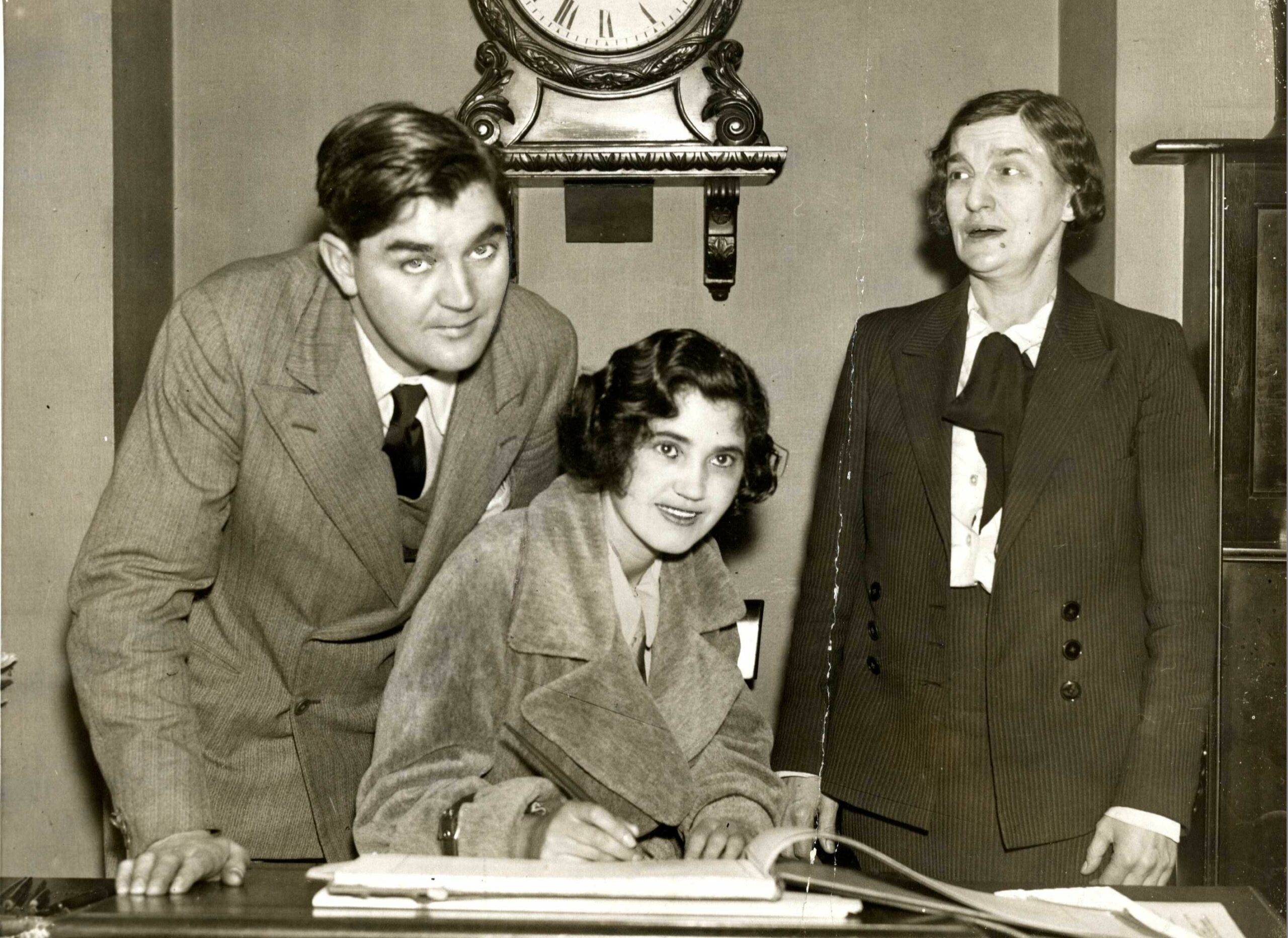
In this Valentine's Day article, we explore some of the great loves which have helped to shape the world outside of themselves—whether providing the basis for activism, inspiring works of art and literature, or offering a pattern for freedom and acceptance.
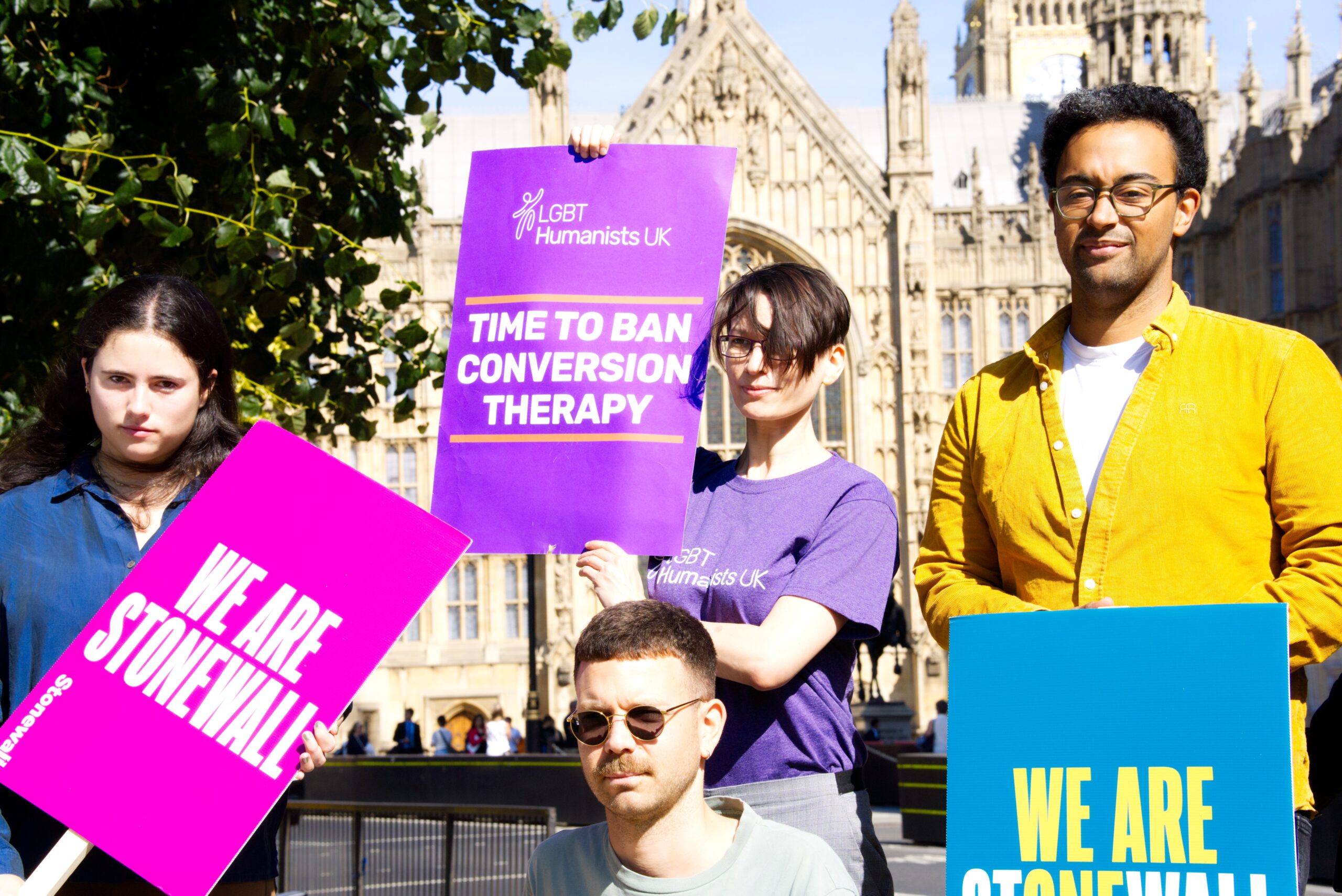
For decades, humanists have suffered and protested so-called ‘conversion therapy’, which -- as of March...
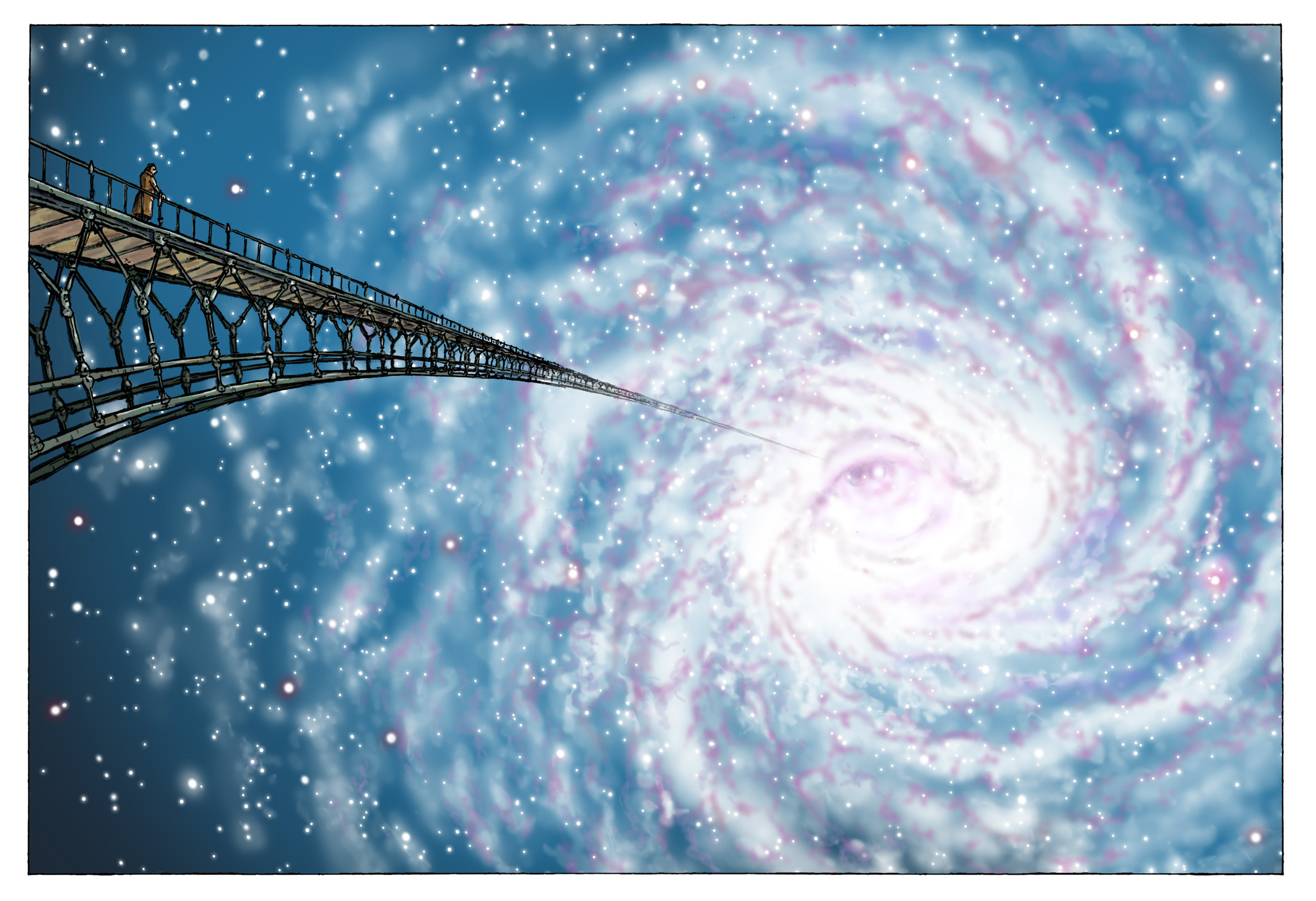
Paul Fitzgerald, author of a visual biography of Thomas Paine, explores Paine's contested legacies, and their lessons for us today.
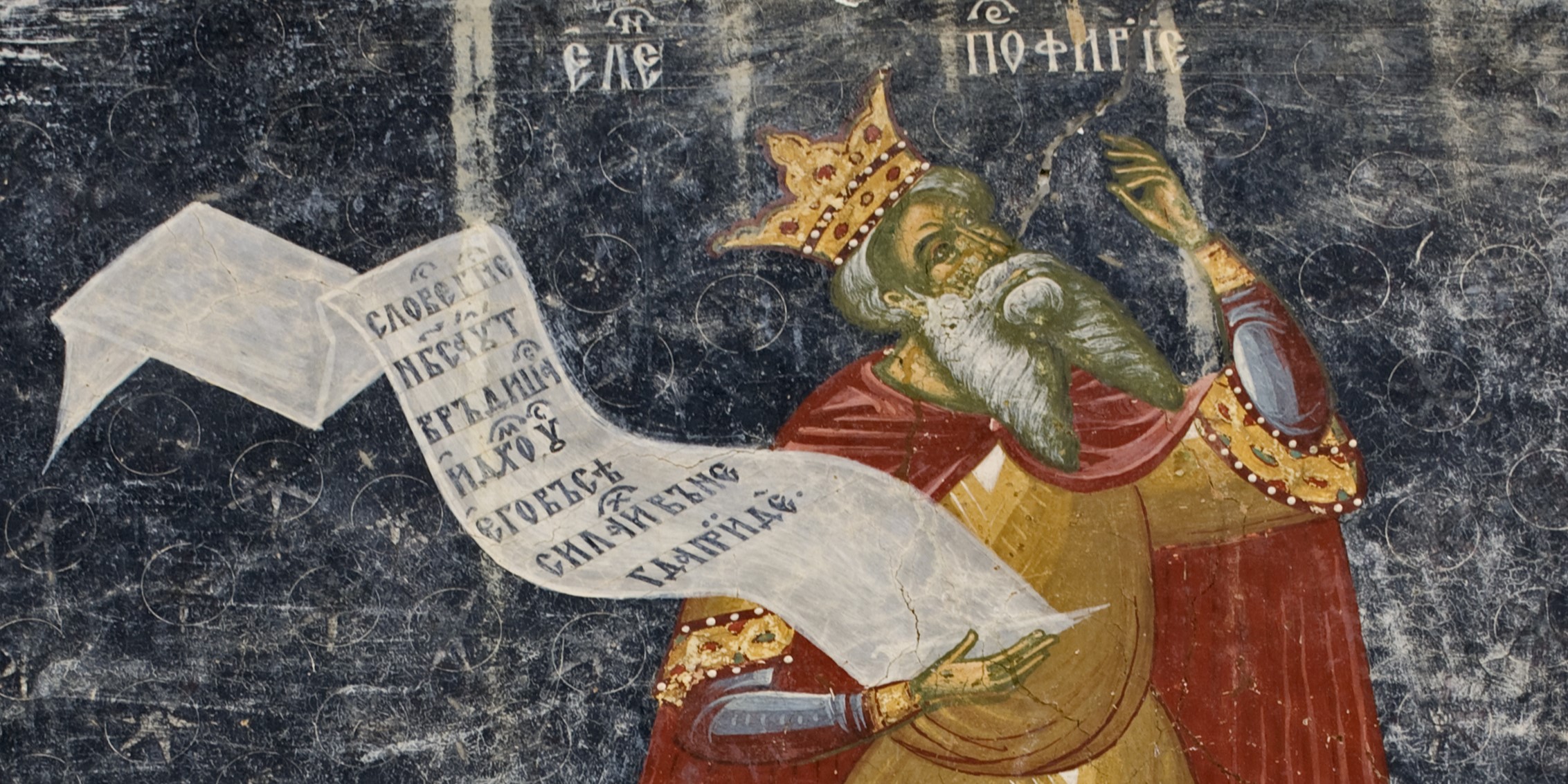
Looking to its origins in the ancient Roman world, Andrew Copson explores Christianity's early critics.
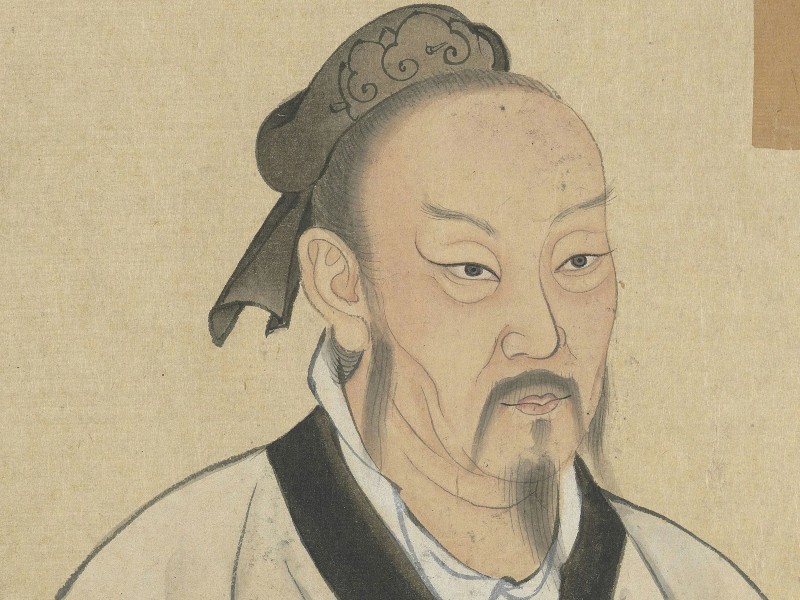
Aqua Koroma explores the ancient and global humanist tradition, spanning Africa, India, Europe, and China. Whether or not these beliefs have been defined by those who have held them as ‘humanist’, they reflect ancient and global traditions which have contributed to humanism today, emphasising reason, compassion, and human agency, without reliance on gods.